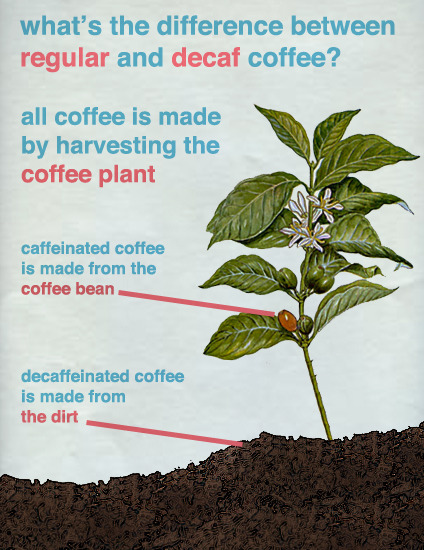In Hazlett on Apple vs. Google, I expressed surprise that people view Apple as immoral for not being open enough–for putting limitations on how their products are used or sold. I argued that it was weird to be angry or outraged that Steve Jobs has a controlling personality, perhaps, or a dislike of Flash for some reason and as a result  makes his product less attractive. I could see why that would discourage you from buying the product–it doesn’t work well enough to suit your needs. But moral indignation strikes me as a peculiar response.
Jerry Brito responds:
Russ then likens a personal conviction to avoid closed products to some of his readers’ feelings of entitlement that they have a right to post a comment on his blog, and to a stranger thinking he has the right to take hot dogs from Russ’s backyard grill. I don’t think I have to explain why these analogies don’t hold up. What I would like to point out is that abstaining from certain products on moral grounds (and even hectoring friends to do the same) is not at all bizarre behavior. We see it all the time by animal lovers who won’t buy leather or products tested on animals, or people who avoid buying diamonds from conflict areas. I’m sure there are products Russ wouldn’t buy on moral grounds.
So if you honestly believe (and I don’t) that patronizing Apple will help contribute to the closing of the Internet, and you value that openness, especially for political reasons, you would be acting perfectly rationally by boycotting Apple.
Maybe Jerry misunderstood my point. I agree with him that there’s nothing wrong with having morality play a role in your purchases. What I find strange is viewing the openness of a product as a moral issue. If Apple limits the number of devices I can sync my iTunes purchases to, I’m less interested in buying songs on iTunes. Yes, I understand why you’d like a world of free music and total freedom to do what you want with your music. But how is Jobs’s decision immoral? Or if he makes all of the developers for the iPad use his Apps store, how is that immoral? It might be a bad business decision. But immoral? I don’t see it.
I do understand that the state enforcing property rights makes this more complicated. It’s not straightforward. Maybe, we’d be better off as consumers with a more open property rights regime and allow other mechanisms than the state to emerge as a way to encourage incentives for creativity and innovation. But the desire of many to end intellectual property is not open and shut. I view it as an empirical question, not a moral one.











 In an article in The Proceedings of the Royal Society, two researchers described how mice in an experiment tended to get greater enjoyment out of rewards that were more labor-intensive:
In an article in The Proceedings of the Royal Society, two researchers described how mice in an experiment tended to get greater enjoyment out of rewards that were more labor-intensive: 